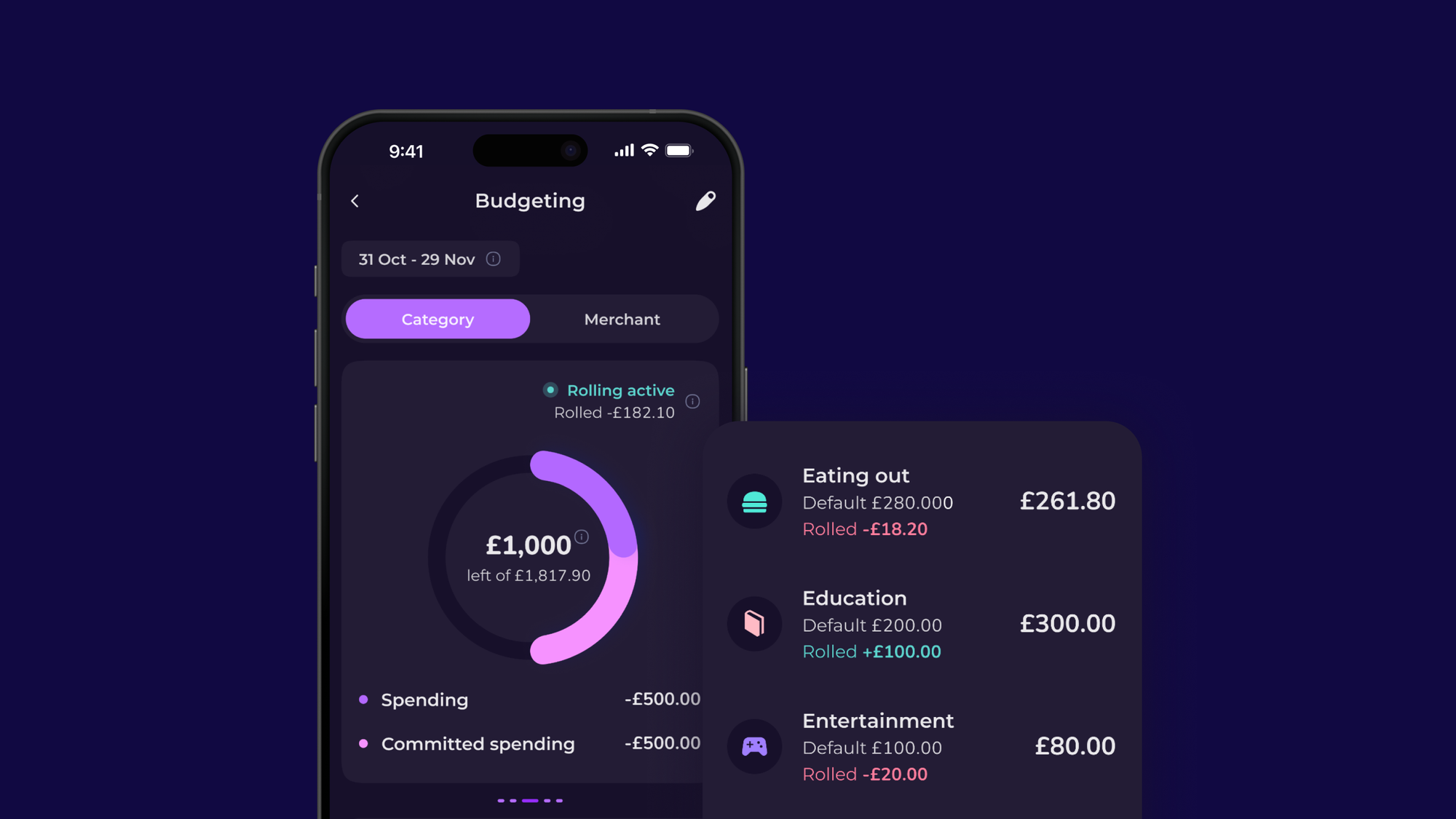FEATURED ARTICLE
Vegetarian day: 3 amazing reasons to switch

Edoardo Moreni
July 21, 2017 •3 min read
TABLE OF CONTENTS
#1 - Spend less money
2 - Eat better and stay healthy
#3 - Reduce your impact on the planet
A vegetarian day is possible
In the past years, there has been a huge debate between a vegetarian diet and a meat based one. After the World Health Organization classified red and processed meat as a Group 1 carcinogen along with tobacco and alcohol, this went all over the news. Further, while in the 80s, meat consumption was considered a form of well being and health, millennials are experimenting new diets.
According to new figures, from the Vegan Society, the number of vegans in the UK has risen 350 per cent over the past 10 years. The majority ages between 15 to 34 years old. Is this madness? How useful can this be? These are 3 reasons why a vegetarian day could be a great thing.
#1 - Spend less money
A vegetarian diet is way cheaper than a meat based one. Why? The cost of meat is not comparable to what you can get from the different brands that are promoting vegetarian food. Quorn, Cauldron and Linda McCartney are all offering a huge range of tasty options. In addition, vegetables are less expensive than the least expensive cuts of meat.
These are just a few examples:
- Beef mince (400g) £3.45 vs. Soya mince (400g) £2.05
- Chicken breasts (400g) £4 vs. Can of mixed beans 60p
- Chicken breasts (400g) £4 vs. One sweet potato, can of chickpeas, and bag of spinach £1.85
- Lamb mince (400g) £3.75 vs. Red lentils (400g) 90p
- Quarter pounder (pack of 4) £2.65 vs. Spicy bean burgers (pack of 4) £1.70
On average, a meat diet is considered twice as expensive.
2 - Eat better and stay healthy

Vegetarian diets are more healthful than the average diet. In particular, they help in preventing, treating and reversing heart disease and reducing the risk of cancer. Vegetarians consume less animal fat and cholesterol, and instead consume more fiber and antioxidant.
Even the WHO classified processed meat as Group 1, so there is no doubt that a large consumption of meat can be unhealthy. Meat consumers have higher chances of obesity, cancer, heart diseases and other illnesses. Research has found that 50g of processed meat per day increases your risk of heart disease by 42%. It's time to stop eating that daily sausage. ;)
If you are looking to lose weight, this might be your answer. A low fat vegetarian diet can help you lose it faster. But make sure to choose nutrition rich foods and eat high calorie items, such as nuts, in moderation.
#3 - Reduce your impact on the planet

Humans eat about 230m tonnes of animals a year. This is twice as much as we did 30 years ago. According to the Vegetarian Society, the average British carnivore eats over 11,000 animals in a lifetime: 1 goose, 1 rabbit, 4 cattle, 18 pigs, 23 sheep and lambs, 28 ducks, 39 turkeys, 1,158 chickens, 3,593 shellfish and 6,182 fish.
In 2006, the UN calculated that the combined climate change emissions of animals bred for their meat were about 18% of the global total. The figure is higher than cars, planes and all other forms of transport put together. Almost 30% of the available ice free surface area of the planet is now used by livestock. This has led to overstocking of fragile lands and massive soil erosion and desertification.
At the same time, stock consumes water. A pound of beef needs around 9,000 litres of water, which is not even comparable to the 1,000 litres needed to produce one litre of milk.
A vegetarian day is possible
Switching to a full vegetarian, or vegan, diet can be quite a challenge. I have been trying and failing for the past months, after watching "Before the Flood" by Leonardo Di Caprio. My aim was simply to reduce my carbon footprint, which is the amount of pollution I produce. Changing diet is the easiest way you can help the environment and yourself with the minimum effort.
Although it's difficult to change diet completely, a vegetarian day per week can be an experience and also an interesting experiment. You might be surprised by how tasty and good a vegetarian burger can be.
This can also be a life habit to make you save more.
You may also like
Check out these related blog posts for more tips
© 2025 Emma Technologies Ltd. All Rights Reserved.
Emma is registered and incorporated in England and Wales.
Emma Technologies Ltd is an appointed representative of RiskSave Technologies Ltd, which is authorised and regulated by the Financial Conduct Authority (FRN 775330).
Payment services (Non MIFID or Deposit related products) for Emma Technologies Ltd are provided by The Currency Cloud Limited. Registered in England No. 06323311. Registered Office: Stewardship Building 1st Floor, 12 Steward Street London E1 6FQ. The Currency Cloud Limited is authorised by the Financial Conduct Authority under the Electronic Money Regulations 2011 for the issuing of electronic money (FRN: 900199). For more detail on how your money is protected please see here. You can also find Currency Cloud's Terms of Use here.
Emma Technologies is an Introducer Appointed Representative of Quint Group Limited and not a lender. Quint Group Limited is authorised and regulated by the Financial Conduct Authority (Firm Reference Number 669450). Monevo Limited is an Appointed Representative of TransUnion International UK Limited. TransUnion is authorised and regulated by the Financial Conduct Authority (Firm Reference Number 737740). Emma Technologies introduces customers first to Quint Group Limited, as a licensed credit broker, who then refers on to Monevo Limited.
Emma is registered with the Financial Conduct Authority under the Payment Services Regulations 2017 for the provision of payment services.
Financial Conduct Authority Reg Nr: 794952.
Company Registration Number: 10578464.
Data Protection Registration Number: ZA241546.
All testimonials, reviews, opinions or case studies presented on our website may not be indicative of all customers. Results may vary and customers agree to proceed at their own risk.
Resources: Cancel subscriptions, Cashback offers, Who charged me, Rent Reporting, Budgeting, Investment universe, Emma vs Moneyhub.
Featured cashback offers: Samsung, SimplyCook, NordVPN, Audible, M&S Homeware.









